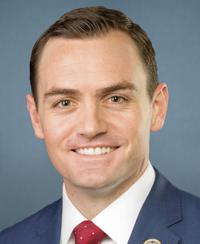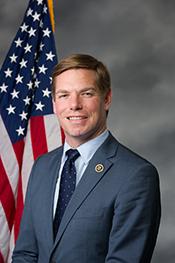0
Promising Pathway Act
12/30/2022, 5:32 PM
Summary of Bill HR 3761
The bill proposes to establish a grant program that would provide funding to correctional facilities to offer education and job training programs to inmates. These programs would focus on developing skills that are in high demand in the workforce, such as computer programming, healthcare, and construction.
Additionally, the Promising Pathway Act aims to incentivize employers to hire individuals who have completed these education and training programs by offering tax credits to businesses that hire formerly incarcerated individuals. This is intended to help reduce recidivism rates and provide opportunities for individuals to build successful careers after serving their time. Overall, the Promising Pathway Act seeks to address the issue of high rates of recidivism by providing individuals with the tools they need to successfully reintegrate into society and build a better future for themselves. It emphasizes the importance of education and job training in helping individuals break the cycle of incarceration and build a promising pathway towards a brighter future.
Congressional Summary of HR 3761
Promising Pathway Act
This bill establishes a provisional approval pathway for medicines intended for serious or life-threatening diseases, including illnesses posing a threat of epidemic or pandemic. The period of the provisional approval is for two years and is potentially renewable.
The Food and Drug Administration (FDA) must establish a priority review system to evaluate completed provisional approval applications within 90 days of receipt. A provisional approval application may be approved if the FDA determines that (1) there is substantial evidence of safety for the drug; and (2) there is relevant early evidence of efficacy, based on adequate and well-controlled investigations.
During the COVID-19 (i.e., coronavirus disease 2019) pandemic, or another epidemic or pandemic, the FDA must accept and review various portions of a provisional approval application on a rolling basis.
The manufacturer of a provisionally approved drug must require patients to participate in an observational registry. A manufacturer that fails to comply with registry requirements is subject to civil penalties.
A provisionally approved drug must be labeled as such.
If a drug that receives provisional approval status is not brought to market within 180 days of the approval, the approval must be rescinded.
The bill also limits the liability of a manufacturer of a provisionally approved drug with respect to any claim under state law alleging that the drug is unsafe or ineffective.
Private health insurers and federal health care programs shall not deny coverage of a provisionally approved drug on the basis of it being experimental.





